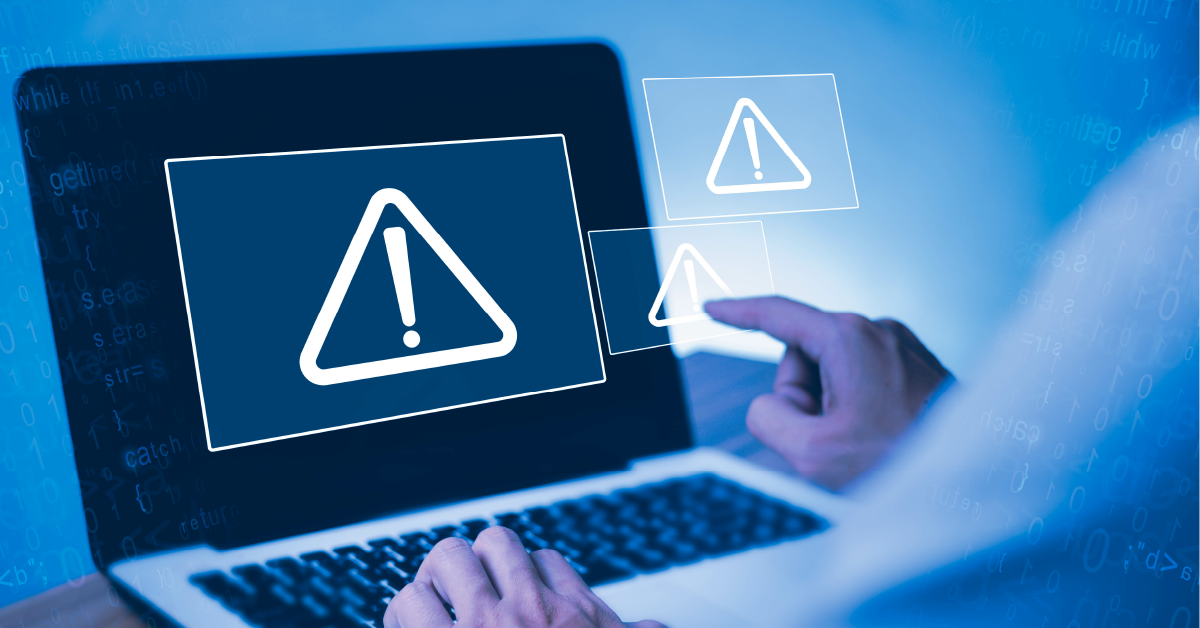By Paolo Del Nibletto
If you think the current COVID-19 pandemic is a dire one for business and society, then you should walk a mile in Rola Dagher’s shoes. Dagher, the President of Cisco Canada, grew up in Lebanon and routinely dealt with life in a bomb shelter because of the 15-year civil war in that country.
Her perceptions of the current state of business under COVID-19 is that technology has never played a more critical role as the Internet and networks are keeping people connected, productive and secure. Technology has turned what could have been a dire situation into a watershed moment in how we work and what this means for Canadians.
“There is a silver lining here. While the world has paused, we can work from home, and we are truly blessed to have what we have. At Cisco, we were lucky enough to have the technology in place for remote work, which made our transition to remote work pretty seamless. It allowed us to focus on helping our employees, customers, partners and communities,” said Dagher. “We’re donating networking equipment to help hospitals, senior’s homes and other organizations in need manage through the pandemic. We also have free offers on our WebEx and Cisco security products to help business continuity.”
Next month will mark Dagher’s third year at the helm of Cisco Canada. And, while she has orchestrated many successful moves under her direction, the COVID-19 pandemic has brought about a unique challenge.
And Cisco has tried to meet this challenge head-on by donating more than $225 million in products and services worldwide. This corporate-led endeavour also includes a significant cash outlay on top of the products and services. Additionally, Cisco has encouraged all of its employees to give back to their local communities through Cisco’s matching contribution program or by virtually volunteering their time with Cisco’s community partners.
In Canada, Cisco has provided extended financing options for partners, provided a regular “Ask The Experts” webinars and offered flexible payment terms for small and commercial businesses. They also are ensuring Cisco Canada’s field personnel are protected at all times for any onsite work in cases where they are unable to do the service remotely.
Dagher points to Cisco’s leadership in remote work technology on its WebEx platform to enable people to not just work from home, but any other place too.
During the COVID-19 lockdown, WebEx handled 4.2 million meetings just one day alone. This is more than twice the average on a peak day before the pandemic. Cisco also hosted more than 20 billion meeting minutes in April. That’s up from March’s 14 billion minutes, which was also more than double the number from February. Dagher added that this does not include the many one-on-one WebEx sessions, just group meetings. In March, WebEx registered a record 324 million attendees, with usage more than doubling in the Americas. For comparison, WebEx meetings had 153 million attendees worldwide in January. “We believe at Cisco that work is something you do, not a place you go,” she said.
For Dagher, she wants to put some of her focus on the mental health aspect of COVID-19. “COVID-19 is a big, if not huge, wake up call for every single organization. This is a crisis, and it’s going to be about how you respond and recover,” she said. Her advice to customers and partners in Canada is to ensure employees are all safe, prioritizing their health, and that doesn’t just mean physically but mentally as well. From there, think about the technology solutions required to keep everyone connected safely and securely. “I also urge people to be patient and empathize because sometimes the technology will have glitches here and there. People can get frustrated, and they need to take a deep breath and support them,” she added. “This is the new norm. What we have been doing since mid-March will continue long after. This is a reality check for leaders in all organizations on the way we work today,” she said.
Dagher added that there will be a lot of thought put into if it’s worth a person’s time to commute to work each and every day. Or if operations can be run remotely and what would be the cost/benefit scenarios of a remote business model. Leaders will take a hard look at real estate costs, especially if they are situated in downtown areas of the country. And, finally, leaders will start to measure productivity levels for people who work at home.
“In times of crisis, I believe it brings out the best in humanity. I’ve always led with my heart, my mind and my soul. Today more than ever, we need to rise to the challenge of a lifetime. I lived a difficult life in the beginning, and it toughened me to be the servant leader I am today. I try to empower and inspire people and give them a strong sense of purpose. I encourage people to take care of their mental health. We all need our people to be strong and safe, especially in these types of situations,” said Dagher.





